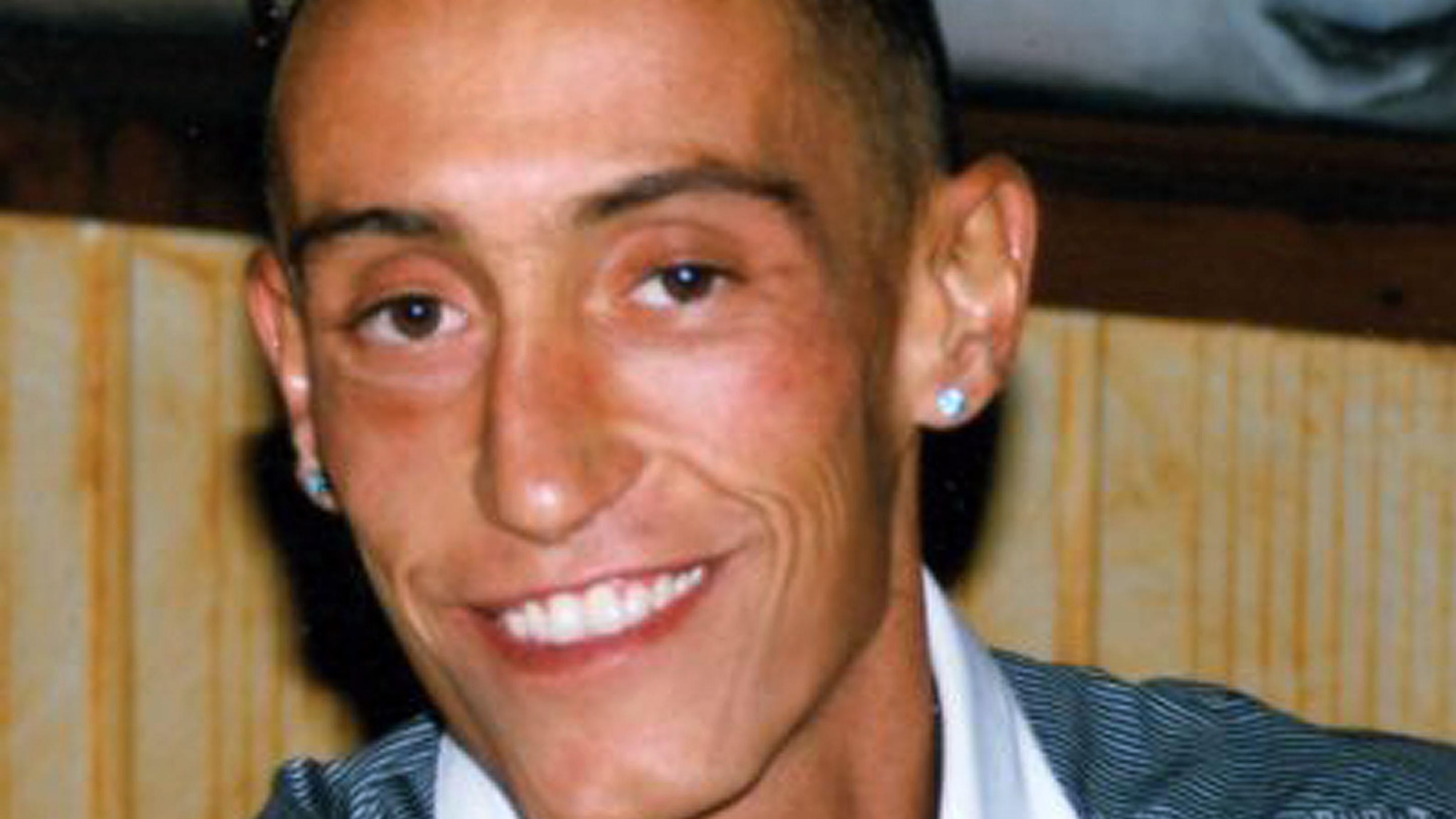"All the accused were aware that, through the conduct of each one, the content of the annotations was modified and altered, thus allowing to represent a Stefano Cucchi who was ill in his own right, because he was very thin, drug addict, epileptic".
This was written by the judge of the court of Rome, in a passage of the reasons for the sentence with which, last April, he condemned eight carabinieri accused of having carried out misdirections following the death of Cucchi.
"The official version of the Carabinieri on the death of Stefano Cucchi" was "packaged" excluding any possible involvement of the military so that the image and career of the territorial leaders and, in particular, of the commander of the Rome Group, Alessandro Casarsa, was not undermined ”, reads the 400-page document which reconstructs the story of the young surveyor arrested for drugs on 15 October 2009 and who died after less than a week in the prison pavilion of the“ Sandro Pertini ”hospital in Rome.
In the trial, General Alessandro Casarsa was found guilty and had a five-year sentence;
4 years Francesco Cavallo and Luciano Soligo;
2 years and six months for Luca De Cianni;
one year and 9 months for Tiziano Testarmata, one year and 3 months for Francesco Di Sano,
one year and three months for Lorenzo Sabatino and one year and nine months for Massimiliano Colombo Labriola.
The accusations against the eight soldiers of the Arma, in various capacities and according to their positions, range from forgery, to aiding and abetting, to failure to report and slander.
"Like the evidence on file, evaluated as a whole, it must be considered that the falsification of the two annotations had the purpose of diverting attention from the work of the Carabinieri so as to avoid any involvement of the Commander of the Rome Carabinieri Group, Colonel Alessandro Casarsa, considering that the image of the Capitoline Weapon was exposed in the media and that other soldiers had already been involved in the serious events to the detriment of the President of the Lazio Region. Removing suspicions from the Carabinieri - explains the judge - he certainly could not question himself the command action by the top of the Rome Carabinieri Group Command whose figure risked being at least weakened by the affair,even more after the events involving the president of the Lazio Region "
In another passage of the reasons for the judgment of the trial on misdirection, the single judge, Roberto Nespeca clearly specifies: "On the other hand, phone calls, interviews, even a reconstruction of the scene experienced by Di Sano were necessary, and the changes were not made by the interested parties - writes the single judge - Di Sano was told 'read, sign and then let's see if you leave.' These occurrences, appreciated as a whole together with the findings previously highlighted, lead to believe that there were hesitations precisely because of the illegitimate nature and manifestly criminal of the order ".

